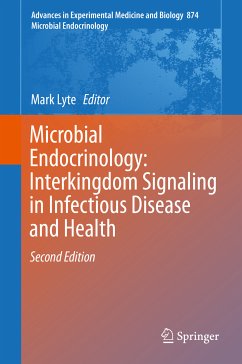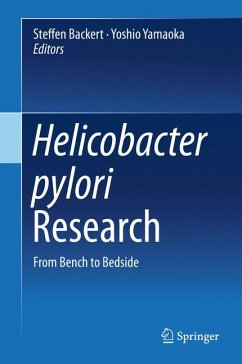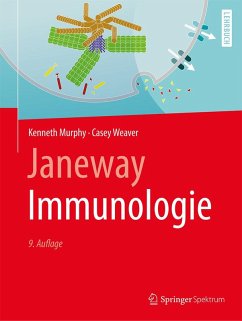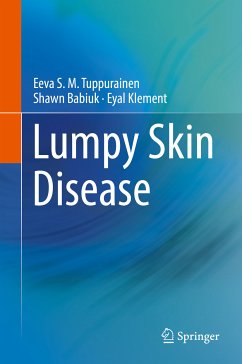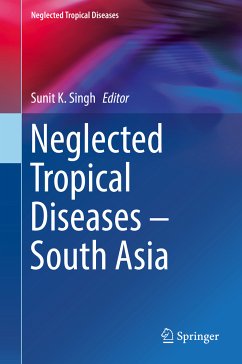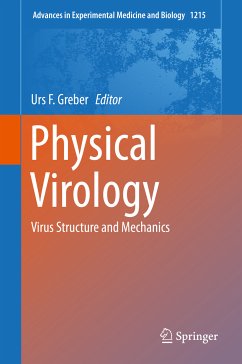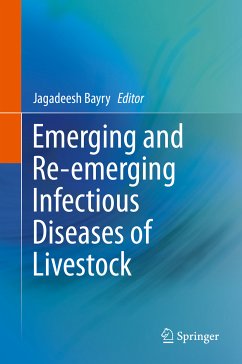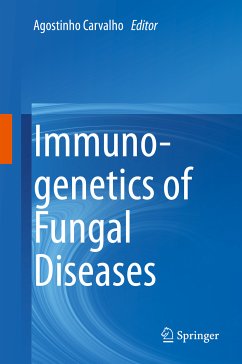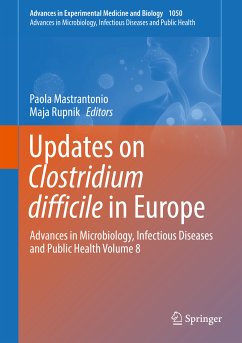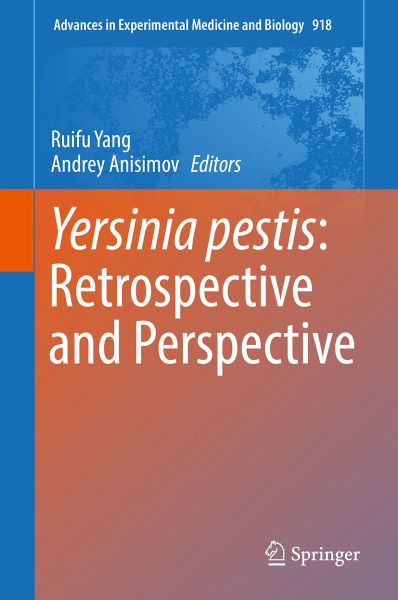
Yersinia pestis: Retrospective and Perspective (eBook, PDF)
Versandkostenfrei!
Sofort per Download lieferbar
167,95 €
inkl. MwSt.
Weitere Ausgaben:

PAYBACK Punkte
84 °P sammeln!
This book addresses nearly every aspect of Y. pestis, approaching it from a new perspective. Topics covered include the history, epidemiology, physiology, ecology, genome, evolution, pathogenesis, host-pathogen interaction, big-data-driven research, vaccines, clinical aspects and future research trends. For centuries, scientists have sought to determine where Y. pestis, the most well-known bacterium and one that has caused a number of high-mortality epidemics throughout human history, comes from, what it is and how it causes the disease. This book works to answer these questions with the help ...
This book addresses nearly every aspect of Y. pestis, approaching it from a new perspective. Topics covered include the history, epidemiology, physiology, ecology, genome, evolution, pathogenesis, host-pathogen interaction, big-data-driven research, vaccines, clinical aspects and future research trends. For centuries, scientists have sought to determine where Y. pestis, the most well-known bacterium and one that has caused a number of high-mortality epidemics throughout human history, comes from, what it is and how it causes the disease. This book works to answer these questions with the help of cutting-edge research results. It not only describes the history of plagues, but also stresses plagues' effects on human civilization and explores the interaction of Y. pestis with hosts, vectors and the environment to reveal the evolution and pathogenesis. The book offers a valuable guide for researchers and graduate students studying Y. pestis, and will also benefit researchers from other fields, such as infectious diseases, other pathogens and system biology, sharing key insights into bacterial pathogen studies.
Dieser Download kann aus rechtlichen Gründen nur mit Rechnungsadresse in A, B, BG, CY, CZ, D, DK, EW, E, FIN, F, GR, HR, H, IRL, I, LT, L, LR, M, NL, PL, P, R, S, SLO, SK ausgeliefert werden.



